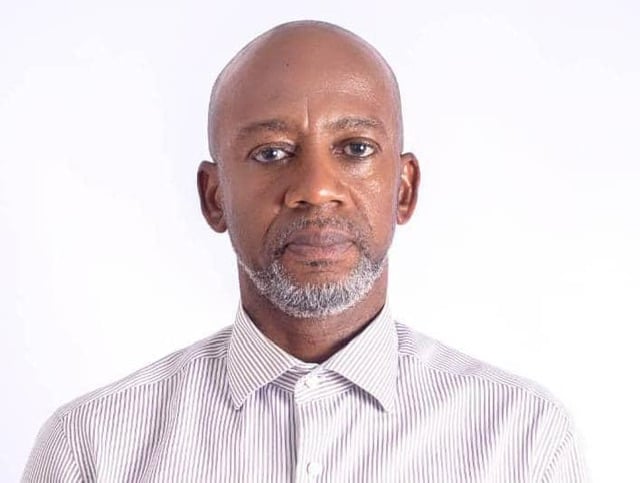The recent election of six parliamentary candidates from the creative arts sector in Ghana marks a significant turning point for the industry, promising a shift in perception and a stronger voice in national policymaking. Historically, creatives venturing into politics faced skepticism and criticism, often being wrongly perceived as deviating from their artistic pursuits. This prevailing sentiment discouraged many talented individuals from engaging in the political landscape, perpetuating a disconnect between the creative arts sector and the government. The election of these six candidates, including renowned Highlife musician Rex Omar, signals a break from this outdated notion and signifies a growing recognition of the importance of creative voices in shaping national development.
Rex Omar, a prominent figure in the Ghanaian music scene, expressed his enthusiasm for this development, highlighting the potential for positive change within the industry. He emphasized that politics should not be the exclusive domain of specific professions, and the involvement of creatives is crucial for effective advocacy and representation. Omar recalled a time when creatives engaging in politics were often unfairly criticized and marginalized, emphasizing the unjust nature of this perception. He believes that the presence of these six elected creatives in parliament will provide a platform to challenge these misconceptions and pave the way for greater acceptance and understanding of the role of artists in political discourse.
The election of these individuals signifies a collective desire for change within the creative arts sector, driven by the need for stronger representation and advocacy in government. These newly elected members of parliament possess firsthand knowledge of the challenges and opportunities within the industry, placing them in an ideal position to advocate for policies that support its growth and development. They can effectively communicate the unique needs of the sector, push for legislation that protects artists’ rights, and promote initiatives that foster creativity and innovation. Their presence serves as a powerful symbol of the industry’s growing influence and its determination to play a more active role in shaping the nation’s future.
One of the key benefits of having creative representation in parliament is the potential for job creation within the sector. Research has consistently shown that the creative arts industry has the capacity to generate significant employment opportunities, particularly for young people. These newly elected representatives can champion initiatives that stimulate growth in the sector, such as investment in infrastructure, training programs, and access to funding. By advocating for policies that support creative entrepreneurship and innovation, they can unlock the industry’s full economic potential and contribute to national development.
Furthermore, the increased political representation of the creative arts sector can lead to a greater appreciation of its cultural and social value. The arts play a vital role in preserving cultural heritage, fostering creativity, and promoting social cohesion. By having a voice in parliament, creatives can advocate for policies that protect and promote artistic expression, support cultural institutions, and foster artistic development in communities across the country. This will not only enrich the cultural landscape but also contribute to a more vibrant and inclusive society.
In conclusion, the election of six parliamentary candidates from the creative arts sector marks a transformative moment for the industry in Ghana. It signifies a shift in perception, a stronger voice in national policymaking, and the potential for significant economic and cultural development. These representatives will advocate for policies that support job creation, protect artists’ rights, and promote the overall growth of the sector. Their presence in parliament is a testament to the growing recognition of the creative arts industry’s importance and its vital role in shaping the nation’s future. It is a hopeful sign that the industry will continue to flourish, contributing not only to economic prosperity but also to the rich cultural tapestry of Ghana.


